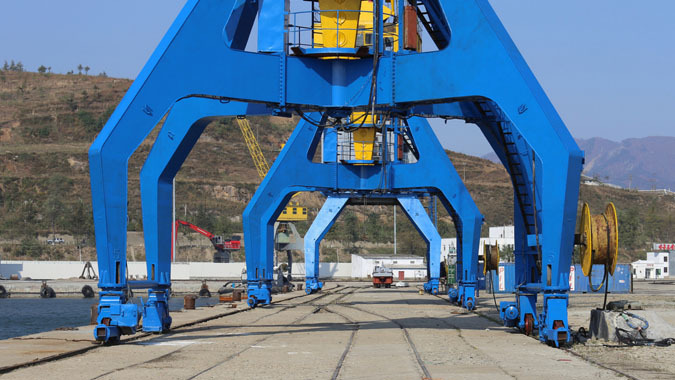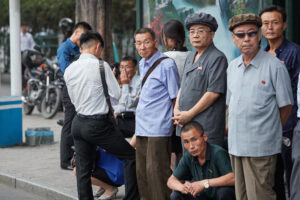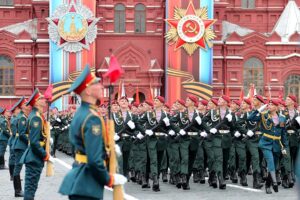Since the late 1990s, plans for a Trans-Korean railroad that would connect Russia with South Korea have been carefully considered, picking up significant momentum during the early days of the Sunshine policy, but stalling following the sinking of the Cheonan in 2010.
Proponents for the railroad, which could one day connect Moscow with Seoul, say that besides providing numerous economic benefits to the partner countries, the cooperation required to build and maintain it would logically also reduce confrontation between the two Koreas.
Since the late 1990s, plans for a Trans-Korean railroad that would connect Russia with South Korea have been carefully considered, picking up significant momentum during the early days of the Sunshine policy, but stalling following the sinking of the Cheonan in 2010.
Proponents for the railroad, which could one day connect Moscow with Seoul, say that besides providing numerous economic benefits to the partner countries, the cooperation required to build and maintain it would logically also reduce confrontation between the two Koreas.
Try unlimited access
Only $1 for four weeks
-
Unlimited access to all of NK News: reporting, investigations, analysis
-
Year-one discount if you continue past $1 trial period
-
The NK News Daily Update, an email newsletter to keep you in the loop
-
Searchable archive of all content, photo galleries, special columns
-
Contact NK News reporters with tips or requests for reporting
Get unlimited access to all NK News content, including original reporting, investigations, and analyses by our team of DPRK experts.
Subscribe
now
All major cards accepted. No commitments – you can cancel any time.










